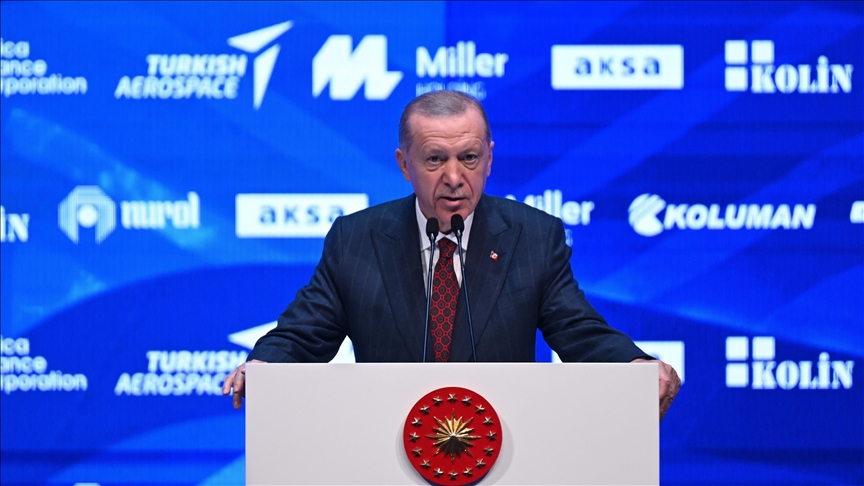The International Monetary Fund has marginally raised its forecast for the global economy for this year and the next but said it is “not out of the woods” due to headwinds that persist, even though the recovery is on track.
Covid-19 has been declared officially over, supply chain disruptions are returning to pre-pandemic levels, global inflation is still elevated but receding while the March banking turmoil in the US and Switzerland is contained and strong economic activity in the first quarter was resilient, the IMF said.
As a result, the fund revised its earlier forecast for this year upwards, raising it by 0.2 percentage points to 3 per cent, although lower than the 3.5 per cent expansion recorded in 2022. It is projecting a similar pace of growth in 2024.
Despite the positive developments, “many challenges still cloud the horizon, and it is too early to celebrate”, said IMF chief economist Pierre-Olivier Gourinchas.
The projected growth rates are weak by historical standards, as advanced economies decelerate to 1.5 per cent this year, from 2.7 per cent in 2022, and are expected to remain subdued, expanding at 1.4 per cent in 2024.
The US, the biggest in the group, is forecast to grow 1.8 per cent in 2023, instead of 1.6 per cent as previously projected, with the estimate lower than the 2.1 per cent expansion recorded last year. Its economy is projected to expand 1 per cent in 2024.
The euro area, which was greatly affected by the Ukraine war, soaring energy prices and record inflation last year, is set to decelerate sharply as the European Central Bank continues to raise interest rates to restore price stability.
Annual inflation across the EU hit a record 9.2 per cent in 2022, compared with 2.9 per cent in 2021.
The bloc, which includes 20 countries that use the euro as their primary currency, is forecast to grow by 0.9 per cent in 2023, following a 3.5 per cent expansion in 2022.



